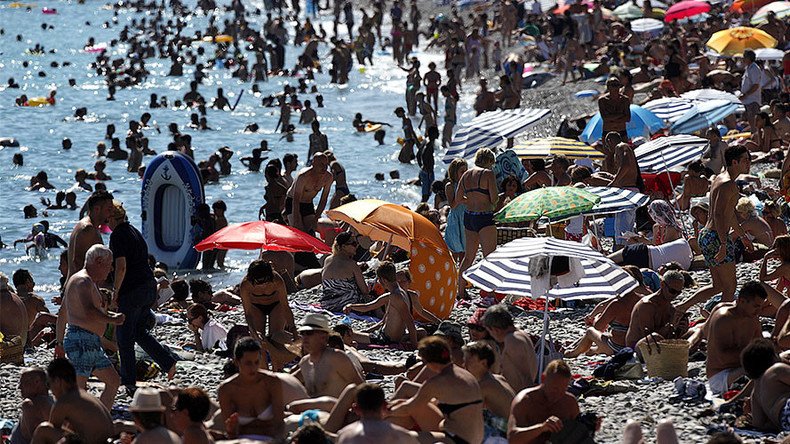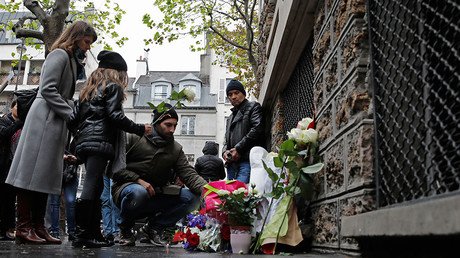Brits could pay to enter Europe under new counter-terrorism plan

British tourists may soon be forced to pay £10 (US$12.52) to travel to mainland Europe as part of a European Commission effort to boost security.
The European Commission is discussing bringing in a system of electronic travel authorization, similar to the US ESTA, for Britons traveling to Europe. Under the new plans, vacationing Brits would not have to get a full-fledged visa, but would need to pay to register their travel online before entering any of the 26 countries in the passport-free Schengen zone.
EU chiefs have suggested the system would help identify potential criminals and terrorists who are trying to enter Europe.
European Commissioner for Security Union Sir Julian King said the plans would be presented this week.
“We think this is going to be a valuable additional piece of the jigsaw because it will allow us to know more about the people who are planning to come to the EU in advance, so that if necessary they raise questions about either security or in some cases migration,” he told the Press Association.
“We’ll be able to intervene even before they arrive in some cases.”
Because the UK is not part of the Schengen zone, the visa waiver scheme would begin to apply even before Britain leaves the European Union.
The scheme is part of a broader range of measures to boost security amid heightened concerns over terrorism following a number of attacks throughout Europe in the past year, explained King, who took up his role in September.
Meeting #EUagencies today in the JHA field @EURightsAgency - they add the real European value to the #SecurityUnion#delivery on the ground
— Julian King (@JKingEU) November 14, 2016
“The fact that we’re having this conversation now is unfortunately timely, because Sunday is one year on from the horrible attacks in Paris which were part of a series of attacks that shocked France, shocked the whole of Europe.
“It’s that level of present, persistent, indiscriminate threat that led to 80-plus percent of European citizens saying they want more action in this area,” he added.













